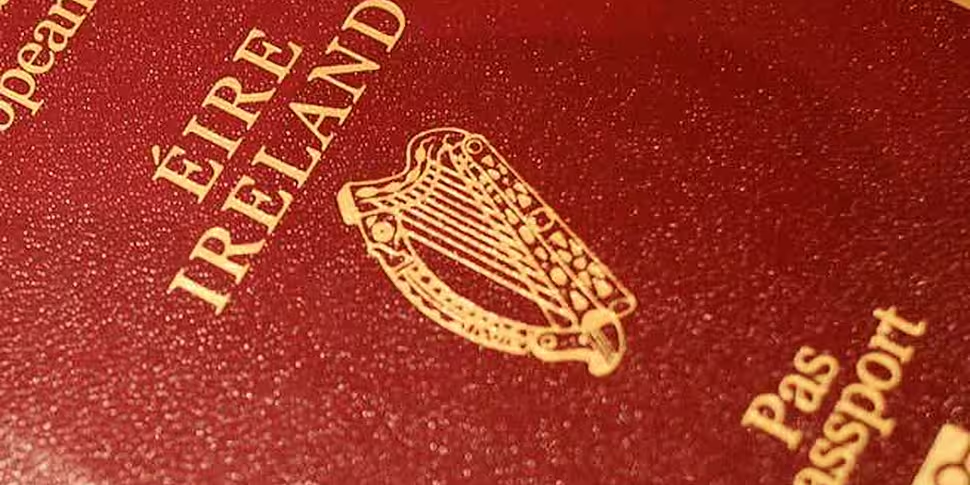Last Sunday I was at the Aviva Stadium and watched on as Christiaan Johan “C J” Stander, originally from the Western Cape of South Africa, made his debut for Ireland and gave a Man of the Match performance.
He had earlier endeared himself to the Irish support when belting out Amhran Na Bhfiann having got Munster teammate Donnacha Ryan to teach him the words.
However despite now being recognised as Irish for international sport he cannot vote in the General Election on the 26th February. He has lived in Limerick for over three years with initially his fiancée and now his wife Jean-Marie Neethling, pays his taxes, contributes to the community and yet he has no say in how politicians will shape his future.
C J is a prominent figure but there are some 380,000 other people in Ireland, the vast majority model citizens, who also are denied a vote for our National Parliament.
There has been much discussion over recent years about allowing the Irish Diaspora to vote in elections back home yet no attention has been paid to the rights of those who have chosen to make Ireland their home.
What's the reality?
At the most recent census in 2011 there were just over 544,000 people living in Ireland who do not have Irish nationality. They come from 199 countries but 12 of those account for 74.4% of all non-nationals. The main 12 includes UK (112,259) whose citizens are allowed to vote in Dail elections but not in Presidential elections or referendums.
Poland (122,585) has the largest number followed by Lithuania (36,683), Latvia (20,593), Nigeria (17,642), Romania (17,304) and India (16,986).
To become an Irish citizen an applicant has to go through various checks including an assessment by Gardai. Although there is various elements to the process, the simplistic version is that you require to have lived in Ireland for a minimum of 5 years.
The lastest figures available for those who took this option is 2013 when 24,263 people were awarded citizenship. At a rate of 5.3 per 1,000 resident population Ireland has the highest rate of granting citizenship of all 28 E.U. Countries.
The top three countries to obtain Irish citizenship in 2013 were Nigeria 23.9% (5,799), India 12.4% (3,008) and Philippines 10.2% (2,475).
Dublin City with 88,000 have the highest number of non nationals followed by Fingal 50,000 and Cork County with 43,000. Galway City is the most culturally diverse with 19.4% of its residents classified as non-nationals.
If non-nationals had a vote there then it would mean up to 380,000 additional names could be on the electoral register and potentially have a decisive influence particularly in a number of Dublin constituencies. Dublin Central, Dublin West, Dublin Mid-West and Dublin Fingal would be the most impacted.
The question of our Diaspora having a vote at home is regularly raised and whatever about the merits of that there is certainly room for discussion on full voting rights for those who are permanently settled, own their own homes, pay their taxes, create jobs and contribute to their community.
Take our poll below:
Should non-nationals working and living in Ireland be eligible to vote in General Elections? https://t.co/ETGD0FIjzp
— Newstalk Elections (@ElectionNT) February 11, 2016









